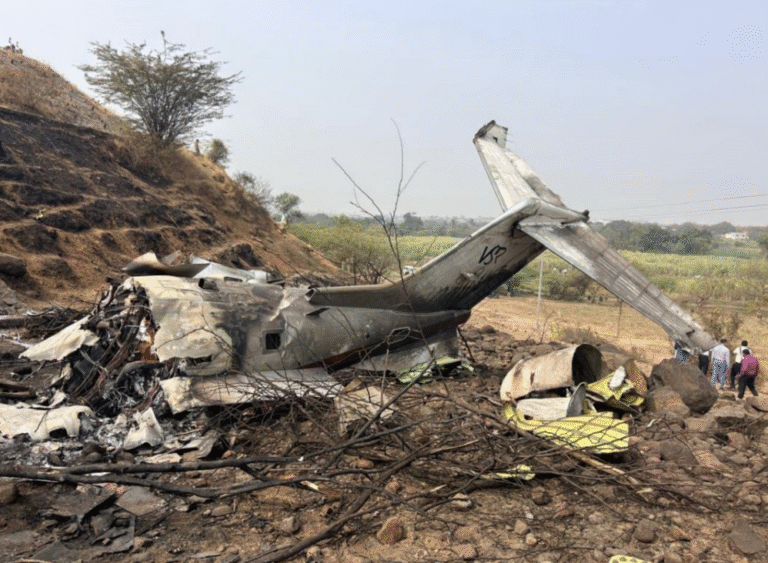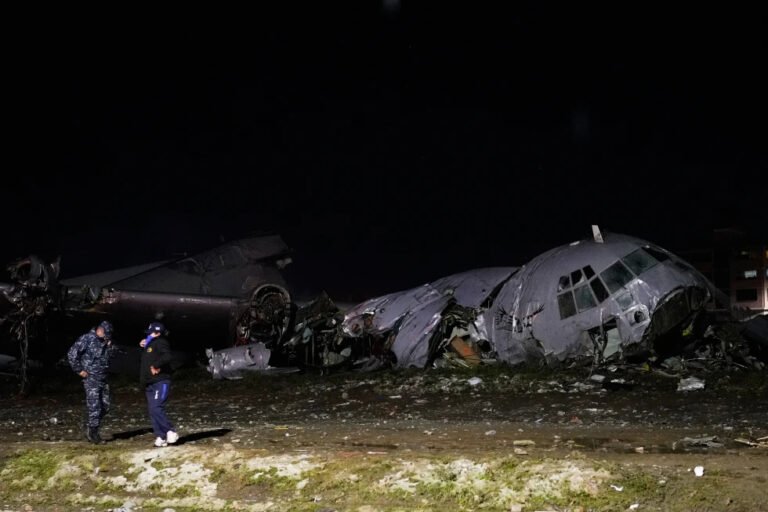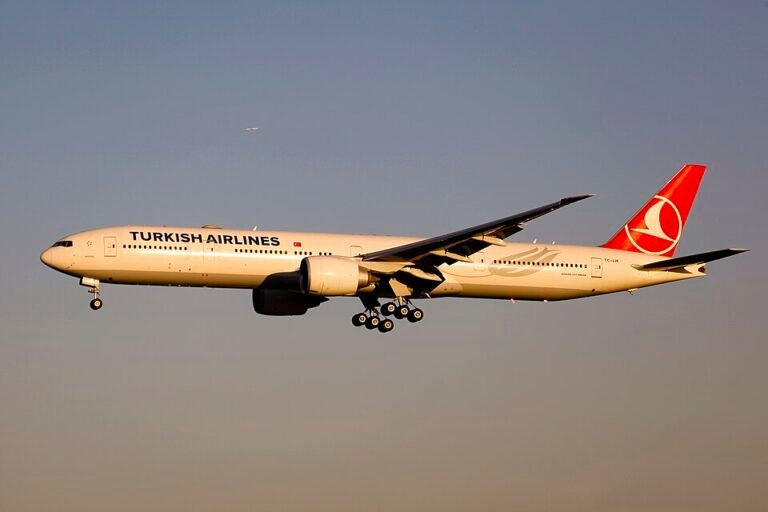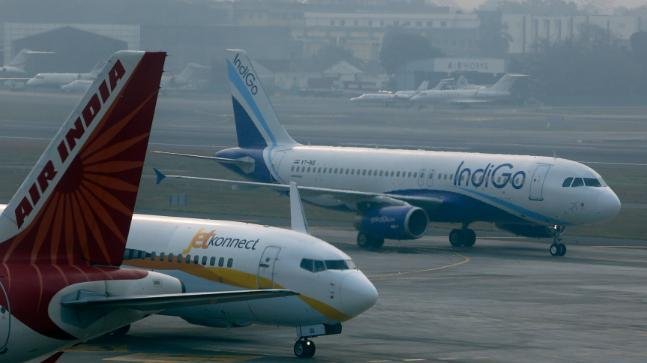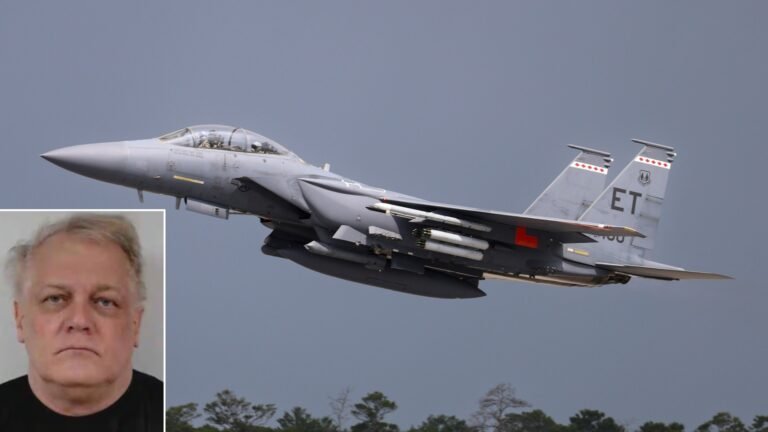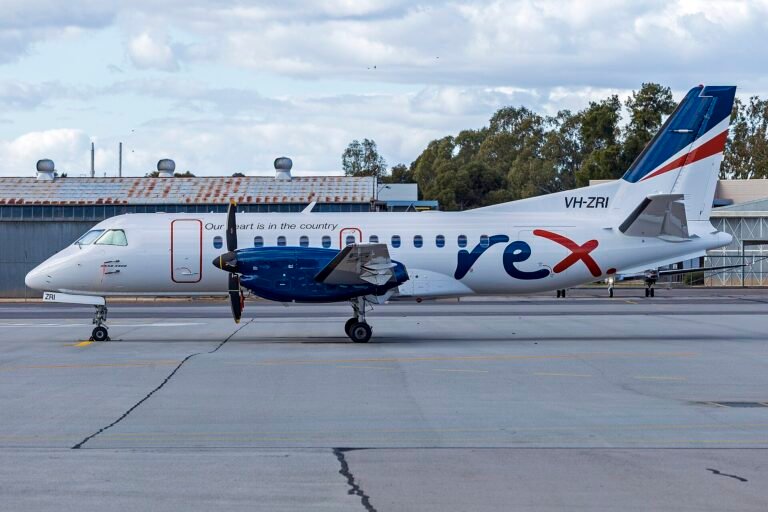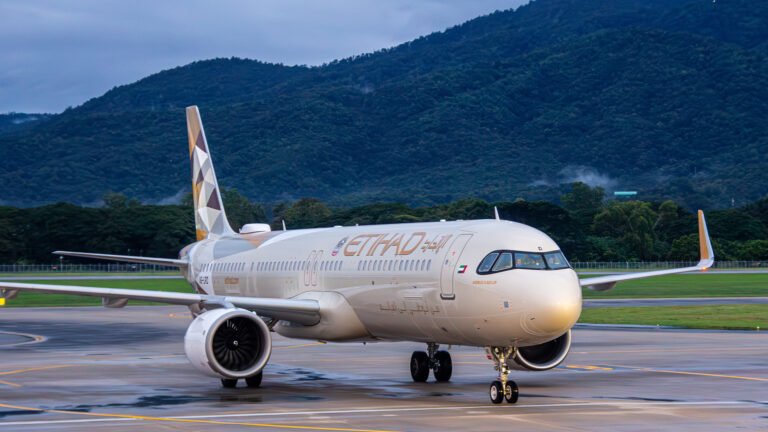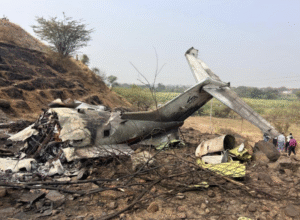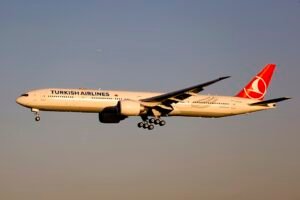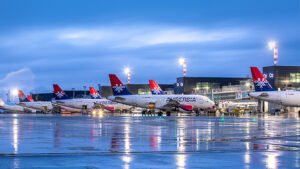Picture Credits: Newark Liberty International Airport
New Jersey, UNITED STATES: Newark Liberty International Airport (EWR), one of the busiest air travel hubs in the northeastern United States, is experiencing severe operational challenges due to a combination of critical air traffic control (ATC) staffing shortages and runway construction. The situation has led to hundreds of flight delays and cancellations, with ripple effects across the national airspace system.
ATC Staffing Shortages Worsen
According to the Federal Aviation Administration (FAA), Newark is among the airports most affected by a persistent lack of qualified air traffic controllers. Sources indicate that more than 20% of local controllers have recently left their posts due to retirement, burnout, or job transitions. This has resulted in increased workload and safety concerns for remaining staff.
United Airlines, which operates a major hub at Newark, stated that it had “no other choice” but to cut 35 daily roundtrip flights in response to the staffing crisis. “The FAA staffing issues have made it unsafe and unreliable to operate at our usual scale,” a spokesperson said.
Runway Construction Adds to Pressure
Compounding the issue is ongoing rehabilitation work on one of Newark’s primary runways. The FAA has confirmed that this construction will continue through at least mid-June 2025. The reduced runway availability is putting additional strain on already stressed air traffic operations, limiting both arrivals and departures.
Delays and Cancellations Spike
On Sunday, May 4, Newark recorded more than 500 flight delays and over 130 cancellations, with some inbound flights delayed by as much as four hours. The disruption has left travelers frustrated and airlines scrambling to accommodate stranded passengers.
Transportation Secretary Sean Duffy acknowledged the problem and announced an expedited effort to recruit and train 2,000 new air traffic controllers nationwide in 2025. “We are taking immediate steps to address this issue, including incentives to attract new talent to critical locations like Newark,” Duffy said.
United Airlines Takes Proactive Measures
United Airlines’ decision to temporarily reduce flights aims to preempt further delays and stabilize schedules. The airline emphasized that its priority is “safe, reliable travel,” and that the move will allow for better resource allocation until the FAA can address the underlying staffing issues.
Passengers flying through Newark in the coming weeks are advised to monitor their flight status closely and consider alternative airports in the New York metro area, such as LaGuardia (LGA) or JFK International.
National Implications
Industry analysts warn that the situation at Newark may serve as a cautionary tale for other major U.S. airports also facing staffing challenges. “This is not an isolated issue,” said aviation consultant Mark Hayes. “Without systemic investment in controller recruitment and infrastructure, we’re likely to see similar disruptions elsewhere.”



